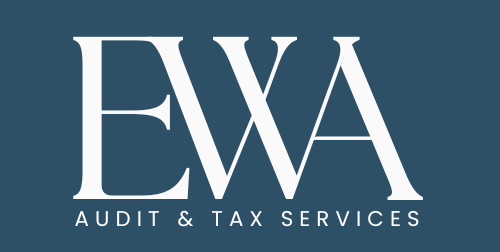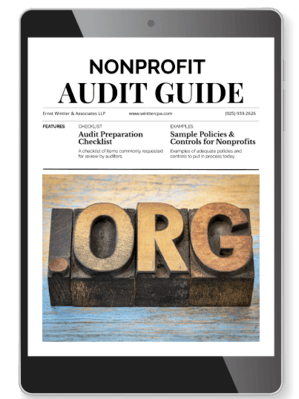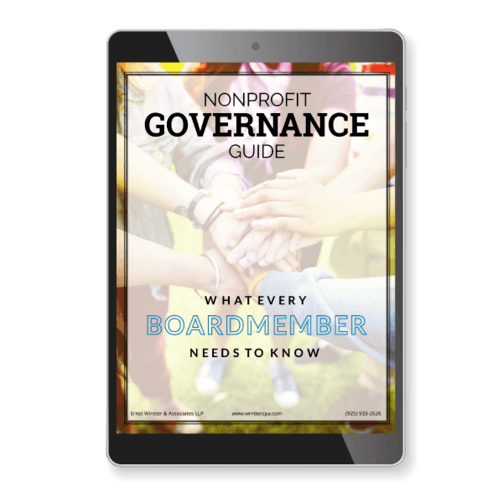Cryptocurrency Donations are becoming a game-changer for cash-strapped nonprofit organizations whose employees work tirelessly to raise money for worthy causes. Donations from corporations and individual households still make up the bulk of the cash raised by nonprofits. Traditionally, this refers to money printed by the United States government and others around the world. However, a new form of money has emerged over the past decade, creating a fresh mantra for nonprofit managers looking to diversify funding sources.
Be smart when accepting cryptocurrency donations.
What is Cryptocurrency?
Also referred to as crypto, cryptocurrency has turned into a new type of mainstream digital currency. According to a Pew Research survey released in 2021, more than 80 percent of Americans have heard of the term cryptocurrency. Nearly 20 percent of Americans have invested in some form of crypto. The new form of digital currency is used to buy goods and services as well.
The key feature of crypto is the digital currency’s decentralization. No financial institution such as the Federal Reserve controls the currency, and there is no need to depend on a third party to process the digital currency. The decentralization of cryptocurrency has led some critics to call for the federal government to impose much stricter regulations.
One of the risks nonprofits face when accepting cryptocurrency is the sender of a donation might be difficult to identify because a name is not attached to a transaction. Instead, a wallet address and transaction ID (TXID) identify the sender. Without a name linked to a cryptocurrency donation, it makes it difficult to confirm the reception of a gift, as well as document tax receipts.
Let’s review a few other risks nonprofit organizations should consider when accepting cryptocurrency donations.
Illegal Activities
Donor anonymity is a problem for another reason: Donors can be involved in illegal activities. If a donor to your nonprofit organization sends cryptocurrency, and the donor is discovered to be involved in an illegal activity, your nonprofit might not recover financially from the negative publicity. Fraud is the most common type of illegal activity associated with cryptocurrency.
Volatile Market
The stock and bond markets are considered volatile, which generates some risk for investors. However, the volatility of the stock and bond markets is nothing compared to the potential financial disaster lurking in the cryptocurrency market. The value of crypto can dramatically rise or fall at any time. This means that if your nonprofit organization does not immediately convert crypto to cash, you run the risk of your donation losing value in just a matter of a few minutes.
Lack of Regulation
As with other new financial trends, state and federal government agencies have a difficult time keeping up with the rapid rise of cryptocurrency. This means the lack of government regulations has left investors standing on an island when it comes to legal liability. If your nonprofit decides to accept cryptocurrencies as donations, hire an independent auditing firm such as EWA to ensure the safety of your digital currency transactions.
IRS Implications
Complying with the IRS code is crucial for nonprofits that accept cryptocurrency as donations. The IRS states nonprofit organizations should treat cryptocurrency donations as noncash contributions to their organizations. This means your nonprofit must file IRS Form 990 to account for crypto donations. If you accept cryptocurrencies and convert the donations to cash within the years after reception, then your nonprofit must file IRS Form 8282
At Ernst Wintter & Associates LLP, we provide comprehensive audit, review, examination and compilation services as well as tax services that fit your business needs. Our professionals have specific expertise in the financial services industry, nonprofit sector, and employee benefit plan audit requirements. Please contact us today.








